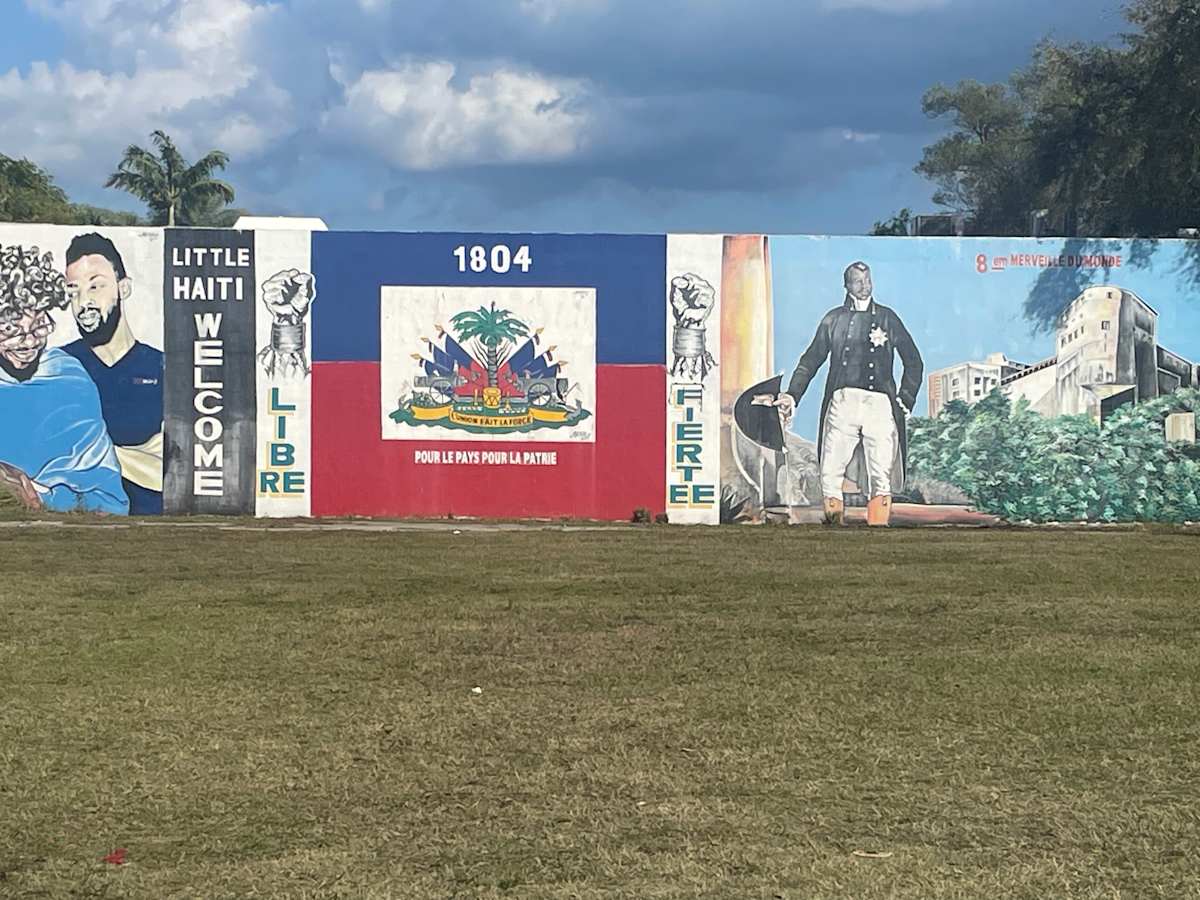Way back in 2019, phew!, what a different, but also similar world it was then. We were pre-pandemic, but prime Trump, and I am now at Yale, not the University of Virginia, but universities and academia are still under attack, and even more so..... Sigh....
Well, today, because it is still Haitian Heritage Month, and I want to keep the hope alive, I am resurrecting one of my first forays into public-facing scholarship. In April 2019, I partnered with WAMU/NPR's show "The Academic Minute" to discuss the constitutional history of Haiti in two-ish minutes! The transcript is below with a link to the recording. How'd I do?
Click here to listen!
Read the transcript below:
On Jan. 1, 1804, the French colony of Saint-Domingue declared itself free from slavery and independent from France.
The leader of the revolutionaries, General Jean-Jacques Dessalines, had defeated Napoléon’s famous army during what was at the time the largest expedition to ever set sail from France. In the subsequent Declaration of Independence, Dessalines changed the former French colony’s name back to its indigenous appellation, Haïti, and announced, “I have avenged America.”
In the process of establishing a land of liberty in a world of slavery, Haitians were compelled to develop profoundly new ways of thinking about governance.
Even though Haiti’s first constitution made Dessalines an emperor, it contained a bold anti-colonial clause that barred Haiti’s ruler from expanding the boundaries of the new country. Article 36 of Haiti’s first constitution states that “the emperor will never form any enterprise with the goal of conquest.” This article enacted into law the anti-colonial ideals first expressed in the Haitian Declaration of Independence: “Let us guard against the spirit of proselytizing,” it reads, “let us leave in tranquil repose our neighbors, for we are not going to […] erect ourselves as legislators of the Caribbean.”
Haiti subsequently became not only the first state to permanently outlaw slavery and to ban imperial rule, but to try to criminalize color prejudice. The first sentence of article 14 of the Constitution states, “All distinctions of color […] must necessarily cease.”
In a 21st-century world accustomed to viewing Haiti through the lenses of poverty, dependency, and disaster, it is important to recognize how Haitian independence challenged the contradictions of the western European Enlightenment, which had pronounced liberty and equality to be only for white men. Haitian independence remains the most significant development in the history of modern democracy, as the theories undergirding it continue to define contemporary political ideas about what it means to be free.
